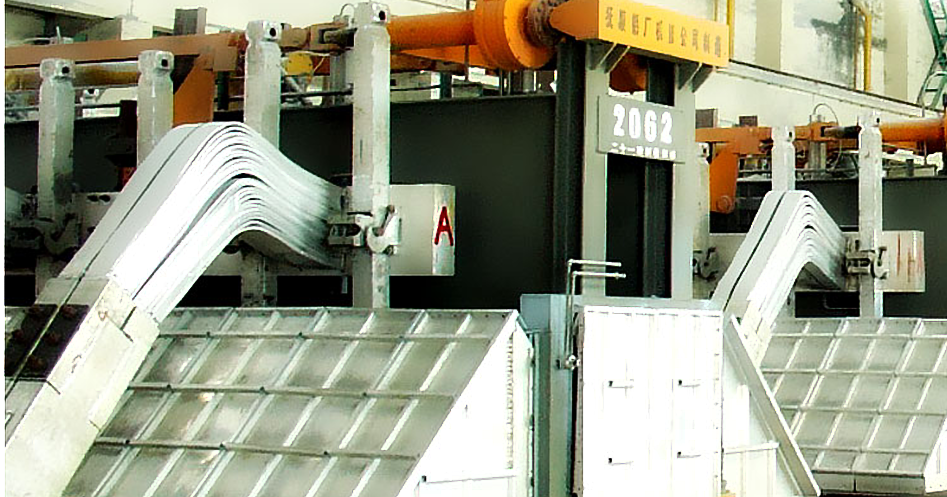China’s alumina restarts hindered by bauxite shortage – Antaike

BEIJING, March 16 (Reuters) – Chinese alumina refineries in Henan province may delay the restart of their plants because of rising costs for the raw material bauxite amid supply tightness, Antaike said on Friday.
Alumina refineries and aluminium smelters in parts of China, including in Henan, cut production by 30 percent during the November to March heating season as part of a campaign against air pollution. They were expected to restart on March 15. Bauxite is a rock refined to produce alumina.
A slower-than expected return of alumina production in China could mean the country’s aluminium smelters, for whom alumina is an essential feedstock, may have to contend with higher costs at a time when metal prices have slipped to near a 14-month low.
“Although the heating season has ended, due to weather, market and other factors, some large-scale alumina companies are looking into or have already decided to postpone the restart of shuttered production capacity,” said Antaike, the research arm of the China Nonferrous Metals Industry Association, in a note.
During the winter closures, Henan shut in 3.4 million tonnes per year of alumina production capacity, or 80 percent of the capacity that was closed nationwide, Antaike said.
Underscoring the impact of the cuts, China’s alumina production in the January to February period fell by 10.4 percent from the same period a year earlier to 10.25 million tonnes, the National Bureau of Statistics said on Friday.
Falling alumina prices are likely to squeeze alumina firms’ profit margins which may further reduce their incentive to restart, Antaike said.
Spot alumina prices in central China SMM-ALM-CCHN as assessed by data provider SMM have fallen to 2,730 yuan ($431.71) a tonne, down by about 1,000 yuan from November as demand for the material from smelters dropped due to the winter cuts.
If the restarts are below expectations, “domestic alumina supply and demand will remain a tightly balanced structure,” providing some support for prices, Antaike said.
Spot bauxite prices in Henan SMM-BAUX-HENXI were 415 yuan a tonne in the week ended March 12, according to SMM, up from 390 yuan a year ago.
($1 = 6.3237 Chinese yuan renminbi)
(Reporting by Tom Daly; Editing by Christian Schmollinger)
{{ commodity.name }}
{{ post.title }}
{{ post.date }}




Comments